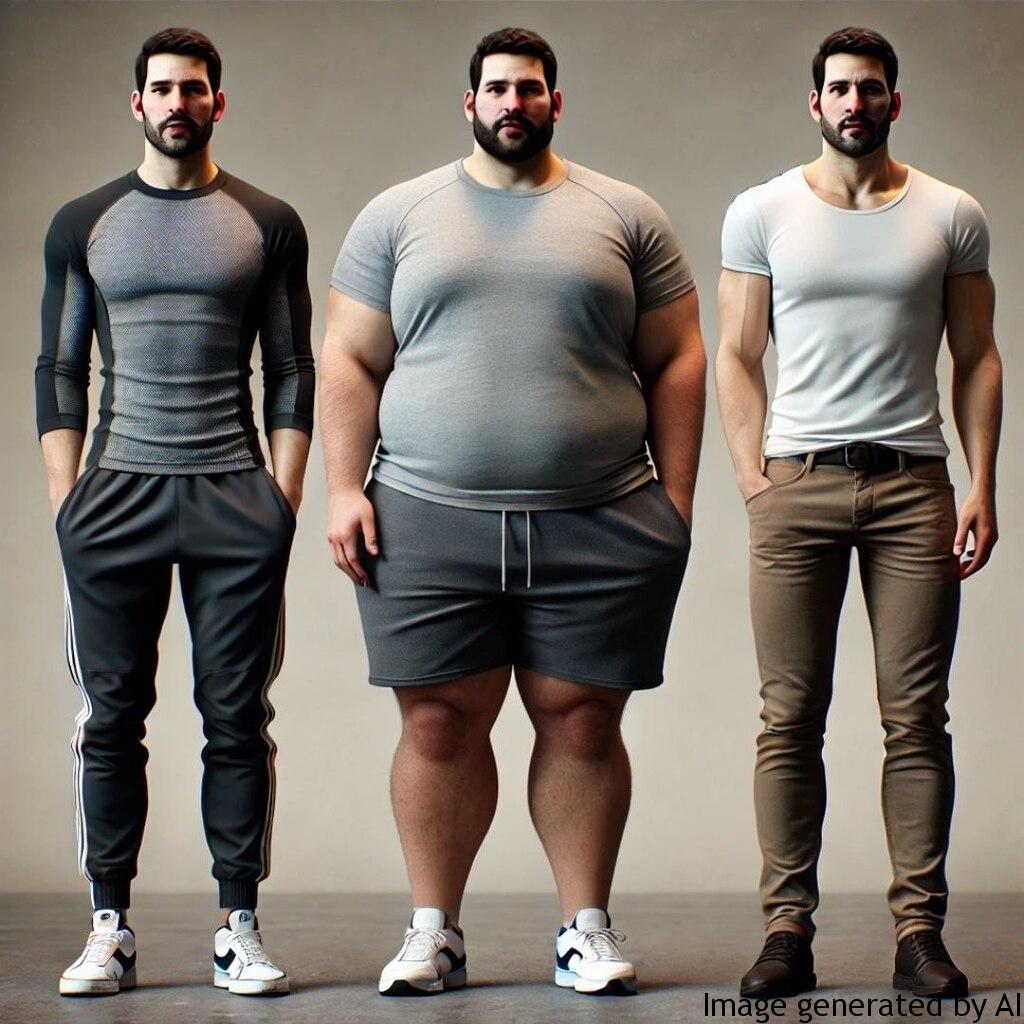Introduction
The relationship between hormones and body weight in men is a complex process that often goes unnoticed. However, these microscopic molecules play an enormous role in men’s health, affecting body weight, metabolism, muscle gain, sexual function, mood, and more. This article will explore how hormones regulate weight in men, how society’s gender expectations impact men’s psychological health, and how men can improve their psychological health within the confines of these roles.
Gender Expectations and Their Impact on Men’s Psychological Health
Society imposes a wide range of gender expectations on men, many of which focus on physicality and body image. Men are often expected to be strong, muscular, and athletic, and these societal pressures can put tremendous stress on men, potentially contributing to eating disorders, body dysmorphia, and other psychological health issues.
The Psychological Toll of Gender Expectations
Studies suggest that the pressure to conform to these masculine ideals can lead to increased body dissatisfaction, unrealistic workout and diet regimens, excessive use of supplements and even steroids, and an unhealthy obsession with weight and body image. Many men suffer in silence, as these topics are often stigmatized and not discussed openly.
The Role of Hormones in these Issues
Our bodies are awash in hormones that influence appetite, metabolism, fat storage, and muscle growth. However, these hormones don’t function independently of our psychological state. Therefore, psychological stress due to societal pressures can disrupt hormonal balance, leading to weight gain or loss, decreased muscle mass, and other unwanted physical changes.
Examples of How Gender Roles Can Affect Men’s Lives
Expectations surrounding appearance, strength, and athleticism can permeate all areas of a man’s life. Body image concerns can lead to problems in relationships, impact professional success, and decrease overall life satisfaction. For example, a man who feels inadequate because he doesn’t match the societal body ‘ideal’ may struggle with self-esteem, avoid social situations, and even face discrimination or bullying.
Advice on Improving Psychological Health With Regard to Gender Roles
Addressing this issue requires a two-pronged approach: adjusting societal expectations and individually focusing on psychological health. Society needs to depict a more diverse range of masculinities and promote messages of body positivity focused on health rather than appearance. On an individual level, men should seek professional help when struggling with body image or eating issues. Also, incorporating regular exercise not for solely aesthetic goals, but as a means of stress relief and mental health can help.
Conclusion
While hormones and body weight are tightly interlinked in men, societal expectations of masculinity further complicate this relationship. It’s important to promote a broader definition of masculinity and encourage men to seek help when struggling with these issues. After all, a healthier relationship with our bodies leads to better overall physical and mental health.

